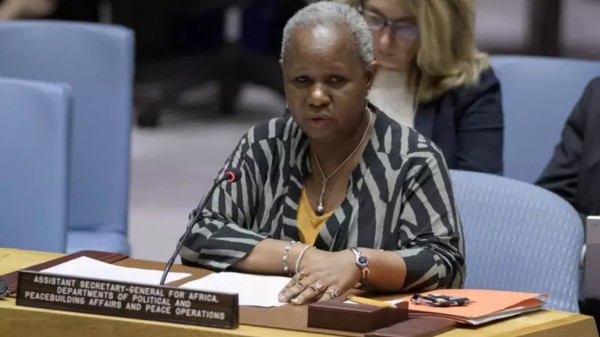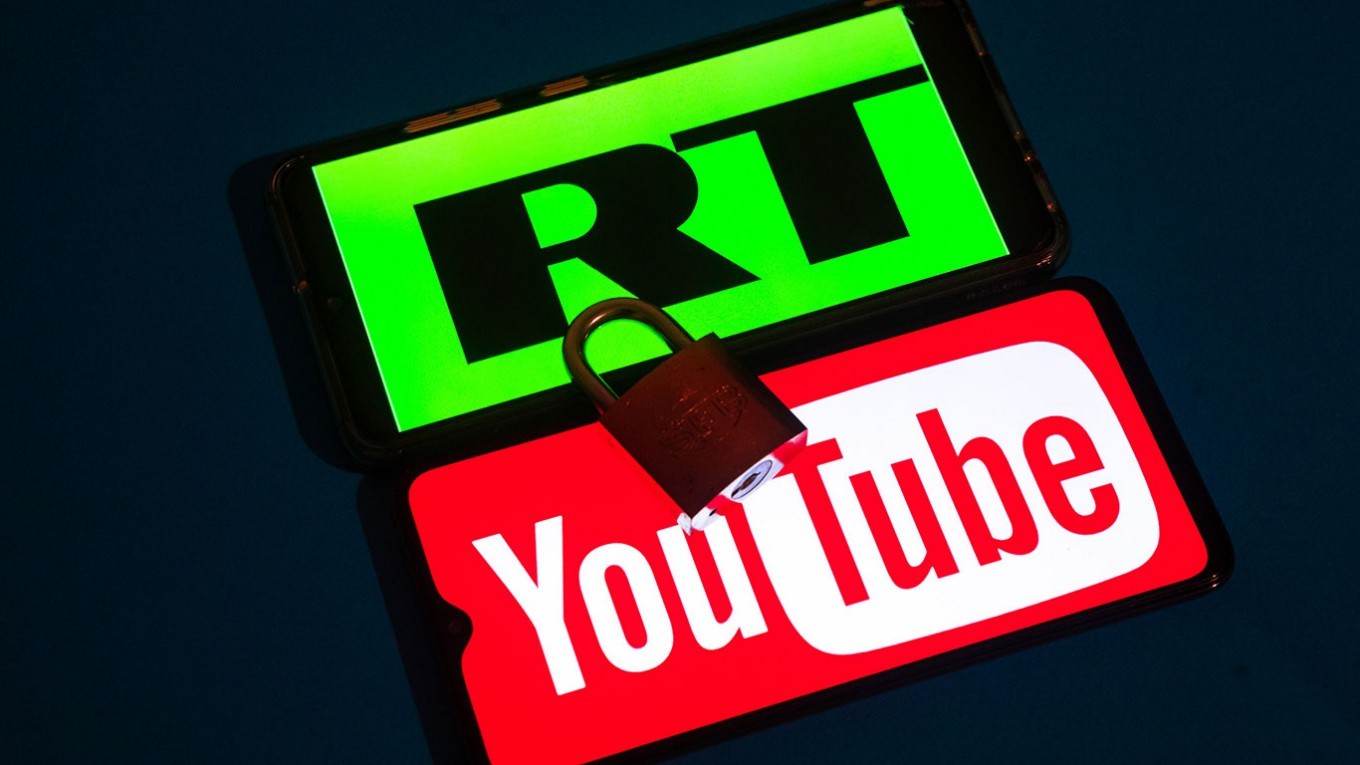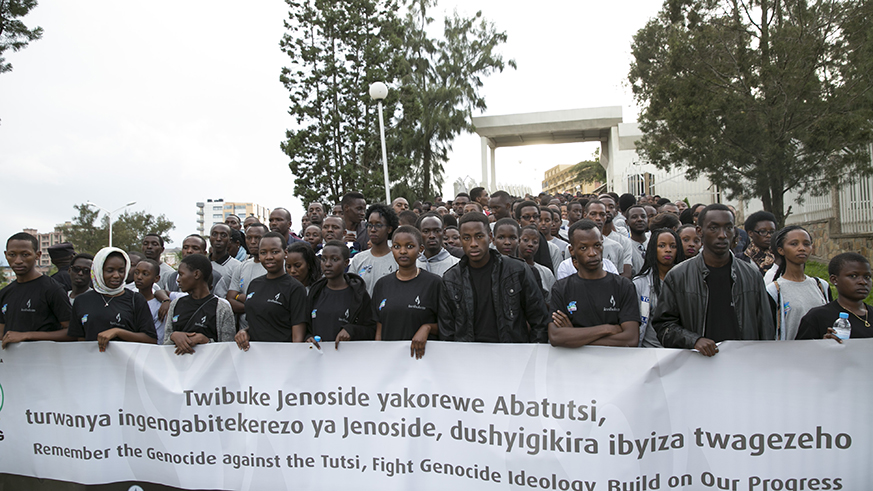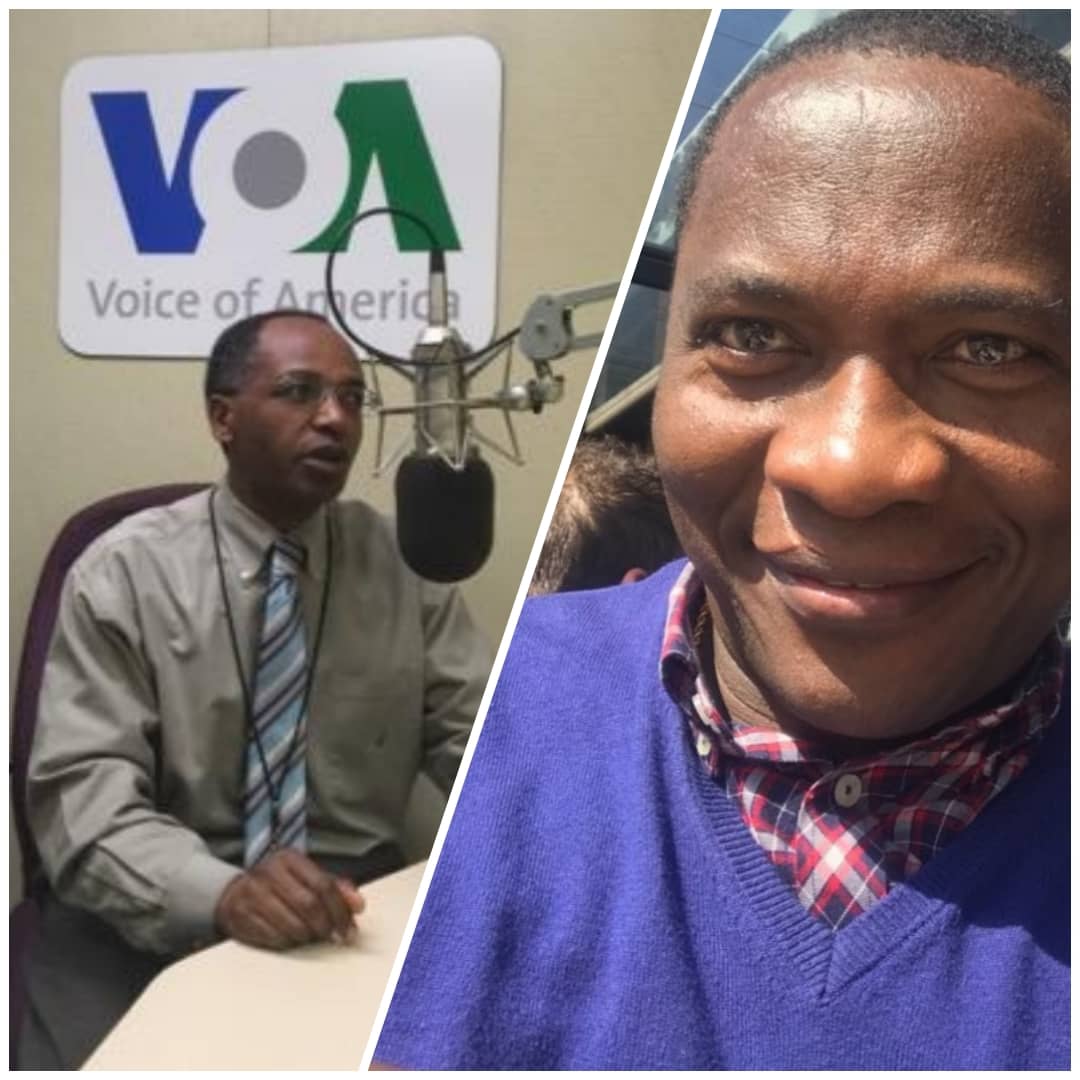Regional
Western media's silence on DRC hate speech is disturbing

The
United Nations General Assembly in July 2021 adopted resolution A/73/L.100,
proclaiming June 18, as the International Day for Countering Hate Speech. This
day was marked for the first time in 2022.
As the
crisis in eastern DRC rages, Western media has by omission or commission taken
an editorial line that ignores the biggest threat to the Congolese Tutsi; the
hate speech and persecution targeting them. Instead, Western media has created
its own narrative – framing M23 as an armed group “involved in mass killing and
rape with the backing of Rwanda.”
The
coverage of M23 rebel activities in DRC by Western media invokes the name of
Rwanda to blame the country as an accomplice in the alleged crimes so that the
international community should call for sanctions against Rwanda.
Facts on
Rwanda’s genuine concerns of an armed genocidal terror group called FDLR are
swept under the carpet. The FDLR is a terrorist group formed by remnants of the
perpetrators of the 1994 genocide against the Tutsi in Rwanda. Its agenda is
genocide against the Tutsi wherever they are. And eastern DRC has a big population
of Congolese Tutsi who must defend themselves or die.
But
Western media’s narrative serves Western political interests, obscures the
truth and shields genocide perpetrators in DRC.
There are historical precedents which show that hate speech
can be a precursor to crimes against humanity and genocide. Today, the use of
social media and digital platforms enables the quick spread of hate speech like
a bush fire. The weaponization of public discourse for political gain has been
around for some time, but Western media does not care to warn DRC authorities
on being accountable and stopping the hate speech.
History shows that hate speech coupled with disinformation leads to stigmatization, discrimination and large scale violence which are already happening in DRC.
The Holocaust did not start with the gas chambers, but with hate speech against a minority. During the Cambodian genocide, hateful discourse systematically dubbed intellectuals, opponents and city dwellers, as well as ethnic and religious minorities as the “enemies” of the people.
In the 1994
genocide against the Tutsi in Rwanda, decades of hate speech dehumanized
the Tutsi.
During the Srebrenica genocide in Bosnia and Herzegovina nationalist propaganda throughout party-controlled media channels demonized the Bosnian Muslim population. In Myanmar, a campaign of hate and misinformation with derogatory and dehumanizing language was conducted against the Rohingya Muslim minority.
With all the
above examples indicating that hate speech is a precursor to genocide, Western
media coverage of the DRC crisis finds no urgency in disseminating vital
information to prevent a looming genocide. In fact, disinformation and politically motivated narratives on the DRC
crisis dominate Western media.
In
June 2022, UN High Commissioner for Human Rights Michelle Bachelet and UN
Special Adviser on the Prevention of Genocide Alice Nderitu voiced their alarm
about the increase in hostilities
between the M23 armed group and the armed forces of the Democratic Republic of
the Congo (DRC) and the impact on the local population in the east of the
country. The officials called for all attacks against civilians to stop
immediately.
“We
have also noticed an escalation of hate speech and incitement to
discrimination, hostility or violence nationwide – and specifically against
Kinyarwanda speakers …” the UN officials said.
“Hate
speech fuels the conflict by exacerbating mistrust between communities. It
focuses on aspects that have previously mattered less, incites a discourse of
‘us vs. them’, and corrodes social cohesion between communities that have
previously lived together,” they said.
The
UN officials warned that hateful messages heighten the risk of violence,
including atrocity crimes targeting specific groups of people. “The use of such
hate speech should be roundly condemned by the highest national authorities and
curbed.” When Western media ignores such important messages, it is not only an
act of being bystanders; there is also an aspect of shielding the perpetrators and
condoning serious human rights violations.
Gruesome pictures of lynching, torture, and killing of Congolese Tutsi have gone viral on social media platforms in months without condemning or bringing to justice the perpetrators. Several DRC officials have openly incited the public to hunt Congolese Tutsi. Western media has been silent and no single official has been condemned right from President Felix Tshisekedi to Gen Aba Van Ang, the Provincial Commissioner of the Congolese National Police in North Kivu Province, and others.
Western media in the 21st century has lost credibility and trust not only to Western audiences but to the world at large.
Recent examples include the manipulation of facts in the Iraq war to misinformation on the current situation in the Russia-Ukraine and DRC conflicts.
The reporting template of all Western media houses is the same. The truth and advocacy for the common good have been sacrificed at the altar of greed for profit and political manipulation, despite claims by Western media of being independent and impartial.
Like their cousin,
Human Rights Watch, Western media outlets are doing political advocacy. They
serve the interests of their masters.


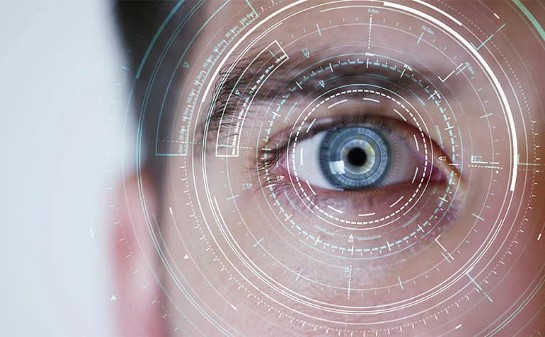
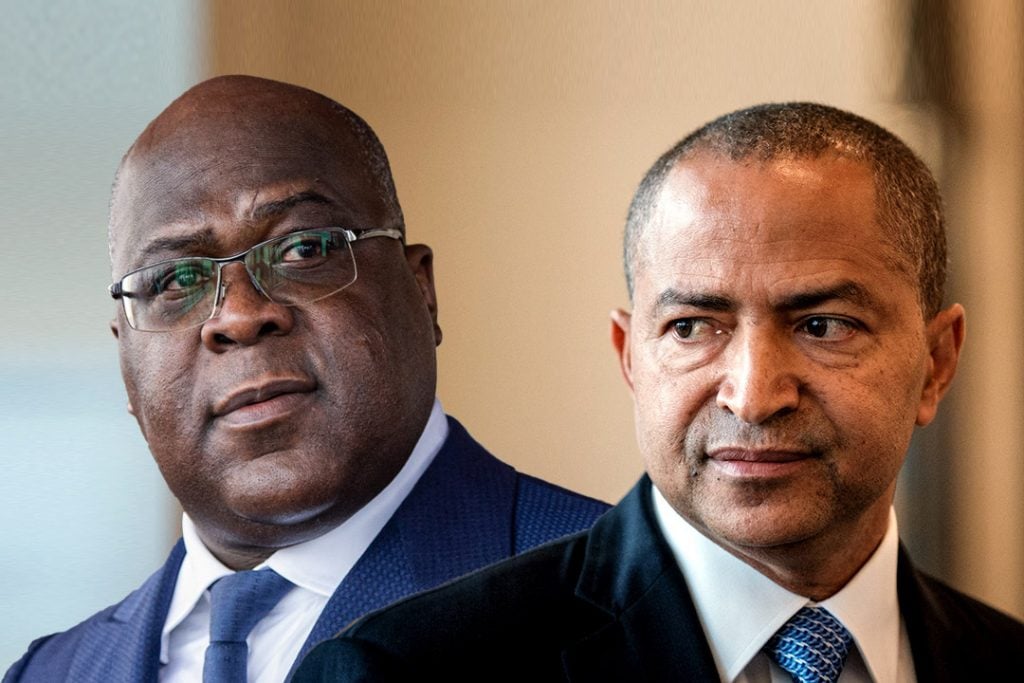
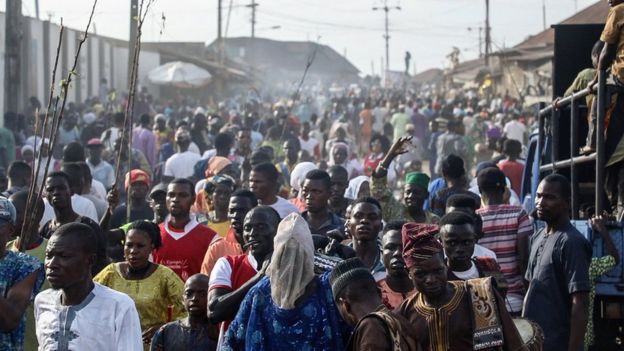
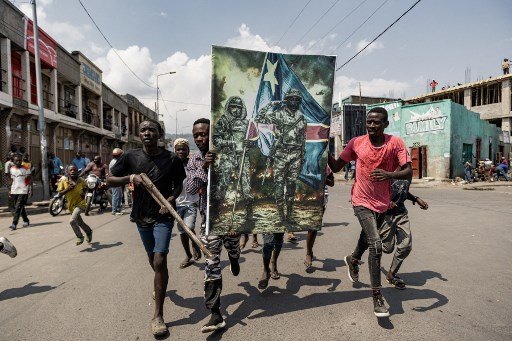
.jpg-20220702121139000000.jpg)
